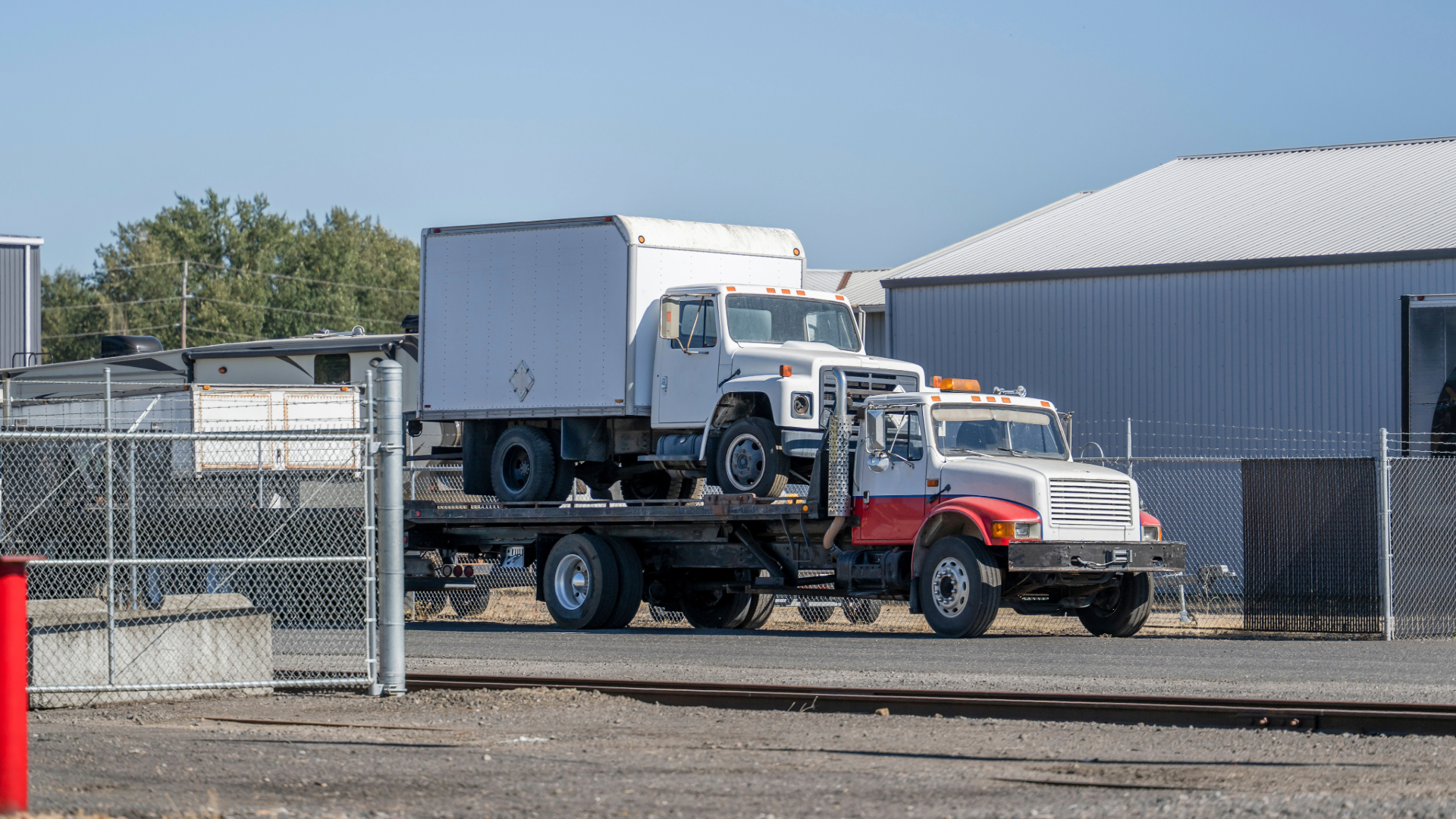Do you need to ensure your fleet’s compliance with ever-changing regulations in commercial vehicle transport? Navigating the maze of federal and state regulations can be overwhelming, especially when you’re focused on keeping your business running smoothly. However, understanding these regulations is crucial for avoiding fines, ensuring the safety of your drivers, and maintaining the reliability of your fleet.
Let’s review the key regulations governing commercial vehicle transport in the US and show you how to stay compliant.
What’s the Role of Federal Commercial Transport Regulations
The U.S. Department of Transportation (DOT) and the Federal Motor Carrier Safety Administration (FMCSA) set the foundation for commercial vehicle transport regulations. These agencies enforce rules on everything from vehicle maintenance and driver qualifications to hours of service (HOS) and electronic logging devices (ELDs). Ensuring compliance with these regulations not only keeps your fleet on the road but also protects your company from costly penalties.

For example, the FMCSA mandates that all commercial drivers must hold a valid Commercial Driver’s License (CDL) and meet specific health requirements. Additionally, fleet managers must regularly inspect and maintain vehicles to meet federal safety standards. Staying updated with FMCSA’s evolving regulations is essential for maintaining your fleet’s operational efficiency.
Driver Requirements
- Drivers must hold a CDL appropriate for the type of vehicle they operate.
- Drivers are required to pass a DOT physical exam and hold a valid Medical Examiner’s Certificate.
- Drivers must be at least 21 years old to operate commercial vehicles across state lines.
- Drivers must go through mandatory pre-employment, random, post-accident, and reasonable suspicion drug and alcohol testing and background checks on driving history and criminal background.
Hours of Service (HOS) Regulations
- Drivers can drive a maximum of 11 hours after 10 consecutive hours off duty.
- Drivers may not drive beyond the 14th consecutive hour after coming on duty, following 10 hours off duty.
- Drivers must take a 30-minute break after 8 hours of driving.
- Drivers cannot drive after 60/70 hours on duty in 7/8 consecutive days.
How to Navigate State-Specific Regulations
While federal regulations provide the overarching framework, each state has its own set of rules that may affect your operations. State regulations can include additional licensing requirements, environmental regulations, and specific rules for transporting hazardous materials.
Here are some common state-specific commercial vehicle transport regulations:
- Some states may require additional endorsements or permits beyond the standard CDL.
- States may impose additional rules on the transport of hazardous materials, including routing restrictions and special permits.
- Individual states may have varying maximum vehicle weight limits that differ from federal standards.
- Some states charge specific tolls or fees for using certain roads or infrastructure, particularly for commercial vehicles.
- Regulations in certain states restrict how long a commercial vehicle can idle to reduce emissions.
For instance, California’s stricter emissions standards may require fleets to adopt advanced technologies or upgrade vehicles to meet the state’s environmental laws.
Fleet managers need to stay informed about state-specific regulations, particularly if your fleet operates across multiple states. This can involve regularly consulting state transportation departments and legal experts to ensure your fleet complies with all local requirements.
How to Ensure Commercial Vehicle Transport Regulation Compliance
Maintaining compliance is an ongoing process that demands proactive management. Implementing a comprehensive compliance program that includes regular audits, driver training, and up-to-date record-keeping can help your business stay ahead of regulatory changes. Partnering with a professional transport service like ATC can also streamline this process. ATC’s expertise in commercial vehicle transport ensures that your fleet adheres to all necessary regulations, allowing you to focus on your core business operations.
By understanding and adhering to federal and state regulations, you can ensure that your fleet operates efficiently and within the law. Contact us today to learn more about our compliance-driven services.













